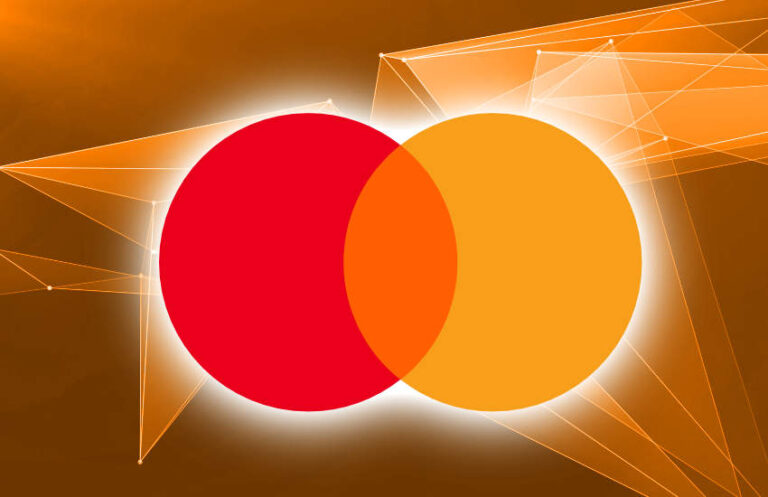
Source: www.ledgerinsights.com
Yesterday, Mastercard announced plans to launch a beta version of the Mastercard Multi-Token Network (MTN), a blockchain network that will initially support bank deposit tokens in the UK. The card company has already tested deposit token settlement using its existing network infrastructure.
He believes he has the necessary experience after participating in central bank digital currency (CBDC) projects, such as in Australia, and launching a blockchain digital identity solution, Mastercard Crypto Credential.
Mastercard interest on deposit tokens
Mastercard participates in one of the main initiatives that plans to enable the settlement of deposit tokens, the Regulated Liability Network. In a blog post, Mastercard’s Raj Dhamodharan said that MTN is complementary.
Current thinking about deposit token functionality differs from stablecoins and explains Mastercard’s interest. At the moment, anyone can transfer a stablecoin without providing identity information. That doesn’t work for regulated banks.
Using the UK as a theoretical example, if I am an HSBC customer and I send you an HSBC deposit token, the challenge is that you might be a Natwest customer. You don’t want to have to join HSBC, so you want Natwest tokens.
One solution is to exchange the HSBC tokens for Natwest tokens upon receipt. That requires HSBC to pay Natwest behind the scenes, and in the future that will likely happen with a central bank digital currency. It is this aspect of the settlement that is in the sweet spot for Mastercard.
Multiple Blockchains Supported
The announcement was in reference to Australian CBDC experiments, which enabled the use of tokens for payments to allow-listed entities on a public blockchain. “MTN aims to offer these capabilities across all supported payment tokens and networks in a scalable manner,” the blog post reads.
Meanwhile, the number of deposit token initiatives is growing. JP Morgan participated in tests in Singapore as part of Project Guardian, as did several other banks in the second iteration. Several German banks are also testing solutions. The United States has proven more complicated for the likes of the USDF Consoritum.
Read More at www.ledgerinsights.com